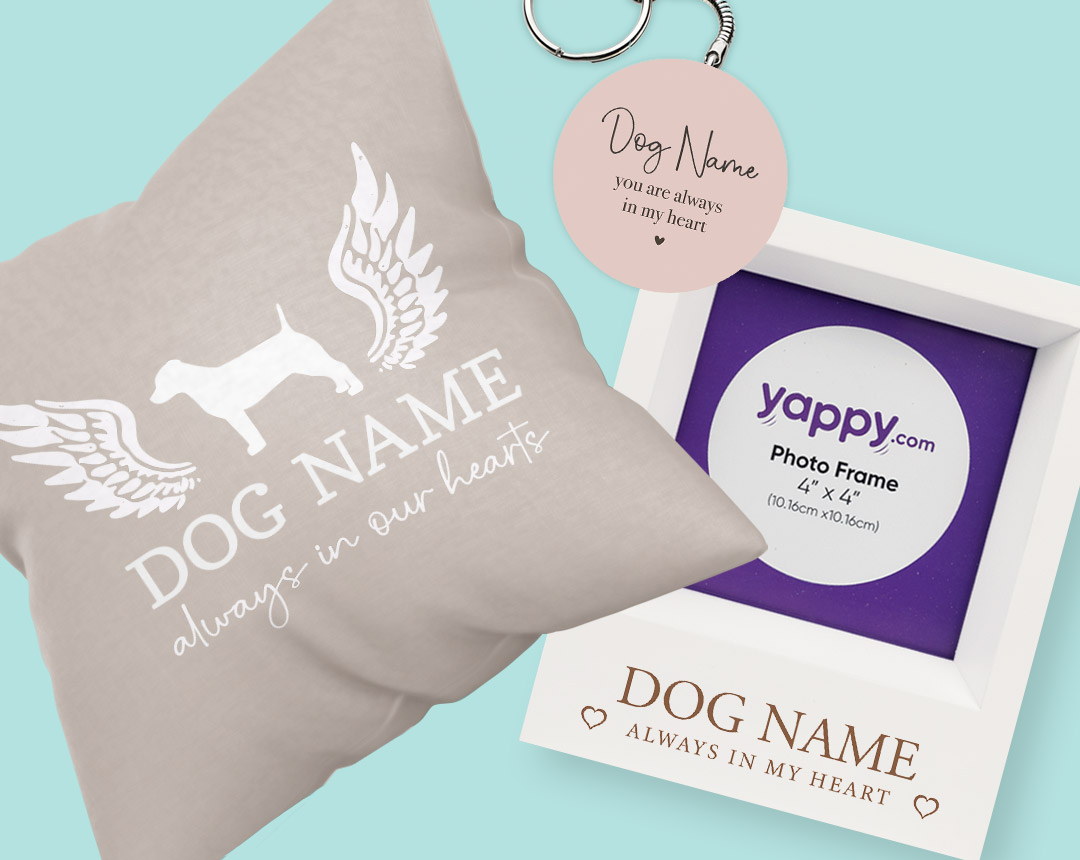Create Your Beauceron's Shop
Beauceron Breed Summary
Calm, Gentle, Agile, Spritely and Intelligent
These dogs are native to the North of France and were originally bred to herd and guard livestock. They are discussed as having handsome looks and make both excellent working dogs and family pets!
However, these dogs have huge amounts of energy, meaning they need to be placed into a family who already leads an active lifestyle. They also need access to large outdoor spaces and to have lots of daily walks, playtime and exercise.
Fun Fact: Beaucerons have famously appeared in the James Bond film, Moonraker!
| Kennel Club Group | Pastoral |
| Lifespan | 10 - 14 Years |
| Height (at the withers) | Males 66cm - 71cm, Females 64cm - 66cm |
| Weight | Males 32kg - 50kg, Females 25kg - 45kg |
| Coat | Double Coats Consisting of Short Hair on the Head. Body Hair is Short, Rough, Thick and Coarse |
| Colour | Black and Tan, Tricolour |
| Eye colour | Dark Brown |
| Common health issues | Hip dysplasia, Elbow dysplasia, Bloat, Osteochondritis Dissecans, Dilated cardiomyopathy |
| Other Names | French Shorthaired Shepherd, Beauce Sheep dog, Beauce Shepherd, Berger de Beauce, Bas Rouge |
The Beaucerons are known for their incredibly calm and gentle ways. Because of this, they make fantastic pets for families with younger children. However, they are extremely energetic and agile and require a lot of physical exercise needing a family who partakes in lots of activities that a Beauceron can join in with. These dogs also take a lot longer than other dogs to mature, up to around 3 years of age. This should be taken into account when training but it does make it slightly simpler that they are fairly easy to train. Their training should not be rushed but rather broken up over their first three years with lots of socialisation, so they develop into well-rounded pooches!
Beaucerons were developed in France and their first reference was in 1809 by Abbe Rozier, who wrote an article on the breeds strong ability to herd. They were involved in the creation of the Dobermann and highly regarded in their country of origin as both guard, working and sporting dogs! They were readily used in WW1 and 2 as messenger dogs, as well as going to and from the frontline to rescue any soldiers that may appear to be injured. Additionally, these dogs were used in land mines to save any workers from being injured. In. 1922, the breed standard arrived and although well-known in France, their presence elsewhere is relatively unknown. In fact, they were only first exhibited at the Westminster Kennel Club event in 2008!





























